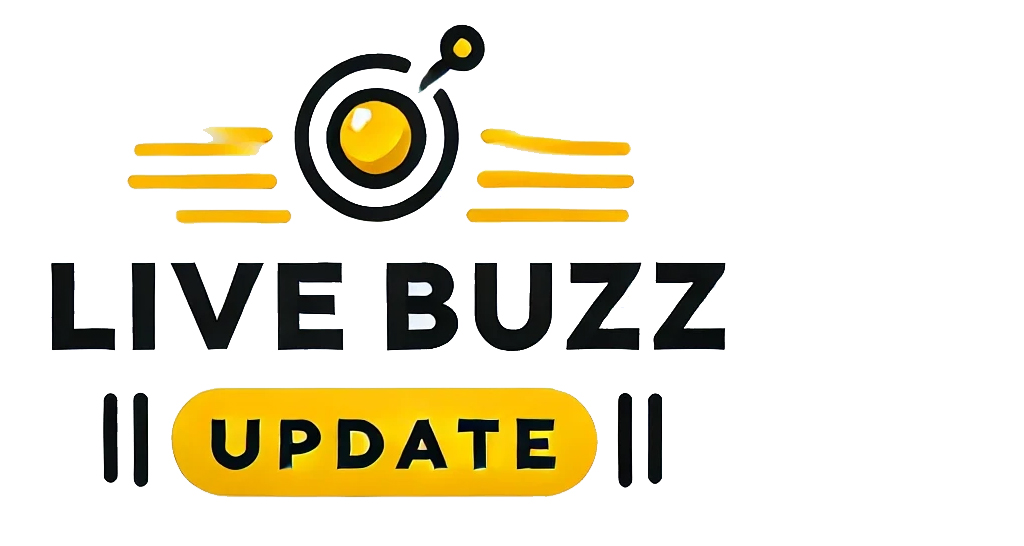Europe is striving to maintain a say in negotiations over the ongoing conflict in Ukraine, as U.S. President Donald Trump continues dialogue with Russia. They aim to ensure their interests are represented in talks about the war-ravaged Eastern European country.
This eagerness for input comes despite reassurances from the Trump administration that it will consult with allies before making any agreements regarding Ukraine. A senior White House official, who wished to remain anonymous, confirmed this, according to Reuters.
This official stated, “Our allies, especially the French and Germans will be consulted in a meaningful way. The engagement is more like on an operational level. It’s not like we’re going to negotiate something and then go to the allies.”
Many European leaders, however, remain sceptical of Trump’s negotiations with Russia, and Germany, in particular, has expressed a desire to stay closely involved, ensuring that any resolving agreements reflect a mutual consensus.
The intense concern comes from the fact that Germany and France have been spearheading diplomatic efforts with Russia and Ukraine since 2014, forming the so-called ‘Normandy Format’. This platform has been used to negotiate ceasefire agreements throughout the ongoing conflict, and Europe wishes to ensure that this existing work is taken into account in any U.S. negotiations.
European leaders are worried that a too-conciliatory deal between Trump and his Russian counterpart, Vladimir Putin, could undermine the progress made in resolving the Ukraine crisis via the Minsk Agreements. These concerns have been triggered by recent comments from Trump, suggesting a softening of his stance on Russia.
Europe is also aware of the importance of the U.S.’s role in the resolution of this conflict, given the significant security and economic implications. Thus, ensuring a harmonised approach between America, Europe and Russia is of high importance among European leaders.
This situation presents an opportunity for Europe to demonstrate its relevance as a global actor, amid criticisms that the bloc lacks a unified foreign policy approach. However, as crucial as the Ukraine talks are, they are just part of the broader picture of how relations between the U.S, Russia and Europe will be shaped in the coming years.
Last modified: March 30, 2025



